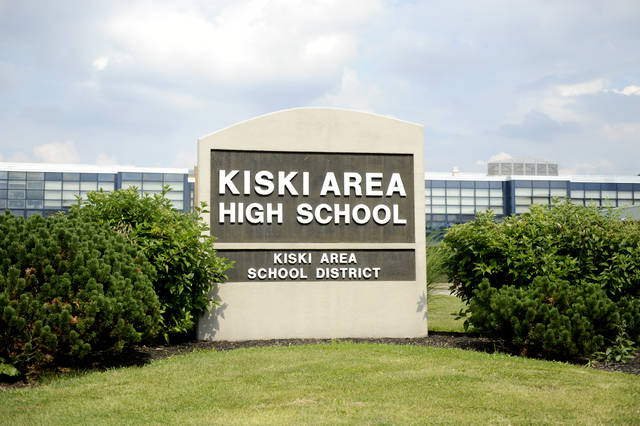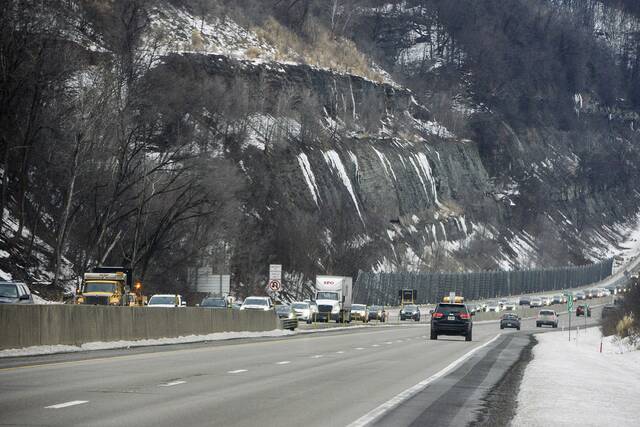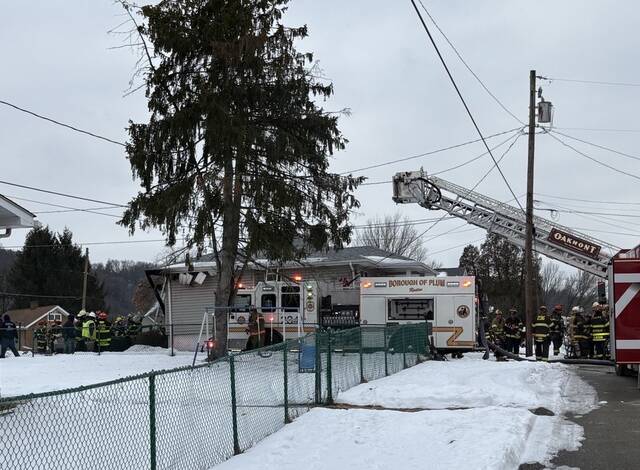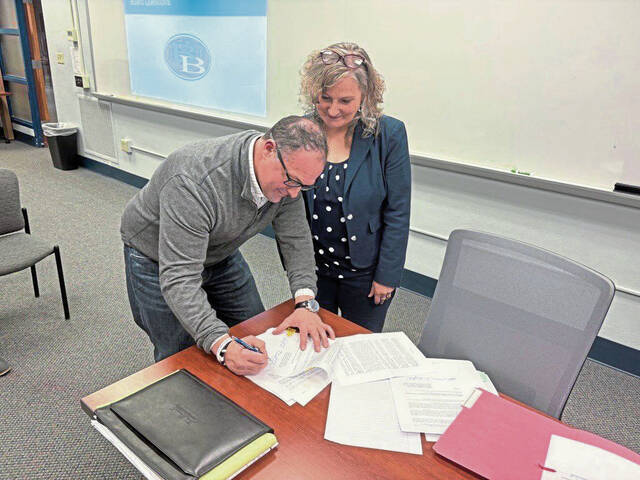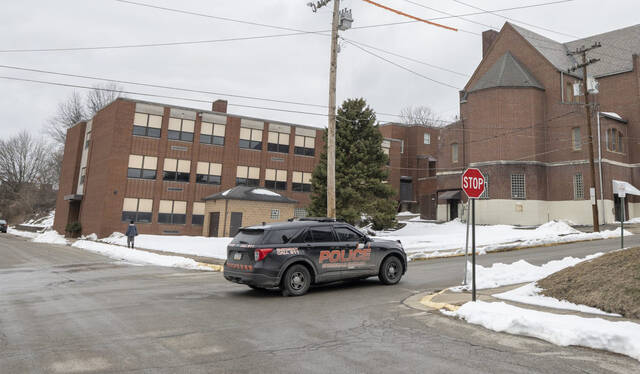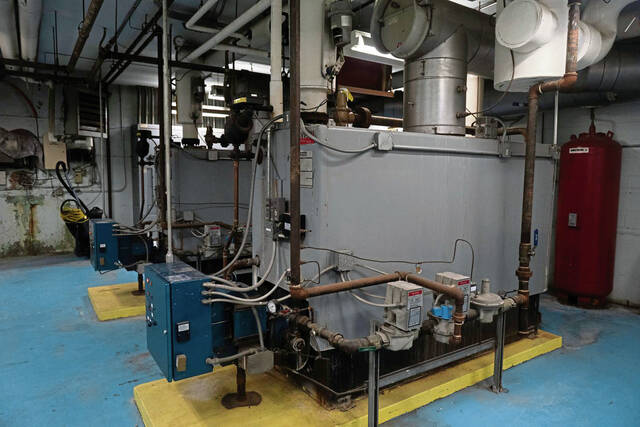Property owners in Kiski Area School District could owe slightly more in property taxes next school year.
In the preliminary budget the board discussed last week, Westmoreland County residents would see an increase of 1.46 mills to 92.06 mills. At that rate, the owner of a property assessed at $16,492 — the average assessed value in the county — would owe $1,518 in taxes, or $29.52 more than this year.
Residents in Armstrong County’s Parks Township would see a 0.73-mill increase to 46.04 mills.
Despite the increase, Armstrong County property owners will actually see their tax bills decrease slightly because the county’s assessments differ from Westmoreland County and a tax equalization formula is used to calculate the tax bills.
A Parks Township property with an assessment of $22,760 would owe $4.10 less in taxes if the budget is adopted.
“We could have raised up to 3.25 mills (in Westmoreland County), however we’re trying to balance our needs with that of the community,” said Peggy Gillespie, assistant to the superintendent for finance and operations. “And we recognize with these financial difficulties that proposing a tax increase up to the index was not something favorable to the community and it’s not something our board would want.”
Gillespie said the proposed increases likely wouldn’t pass as they are, and will probably adjusted.
The total general fund budget is $62.8 million, about $500,000 more than last year.
The district’s expenses have hardly changed from previous years, Gillespie said. But like all school districts in the state, Kiski Area is grappling with a huge loss in local revenue for the next school year because of the covid-19 pandemic. The district is anticipating a loss of between $1.7 million and $2 million, focused in areas of earned income, realty transfer taxes and interest earnings.
The district did not budget any money for its capital reserve fund, which last year was allocated more than $211,000. Gillespie said the district is required to publish a capital reserve budget, but this year wants to leave all of those funds for emergency purposes.
“We know that we’re probably going to have a cash shortage, so we did not want to budget for any specific project,” she said.
Gillespie said the district is looking for places to cut costs. Four out of six positions now vacant because of retirements will not be filled. The school board also plans to hold off on making larger purchases until later in the school year.
Had the pandemic never occurred, Gillespie said few changes would have been necessary from the current school year’s budget. In fact, the district would have projected a substantial budget surplus this year.
Board members are moving forward on the preliminary budget in hopes that the state will grant the same subsidies for special education, transportation costs and other needs as it normally does. It’s a bit of a gamble, Gillespie said, but it’s all the district can do at this point to lessen the burden on taxpayers.
“It really is all about the revenue uncertainty that every district, every public entity and really our own community is facing right now,” she said. “That’s really what’s driving this budget.”


